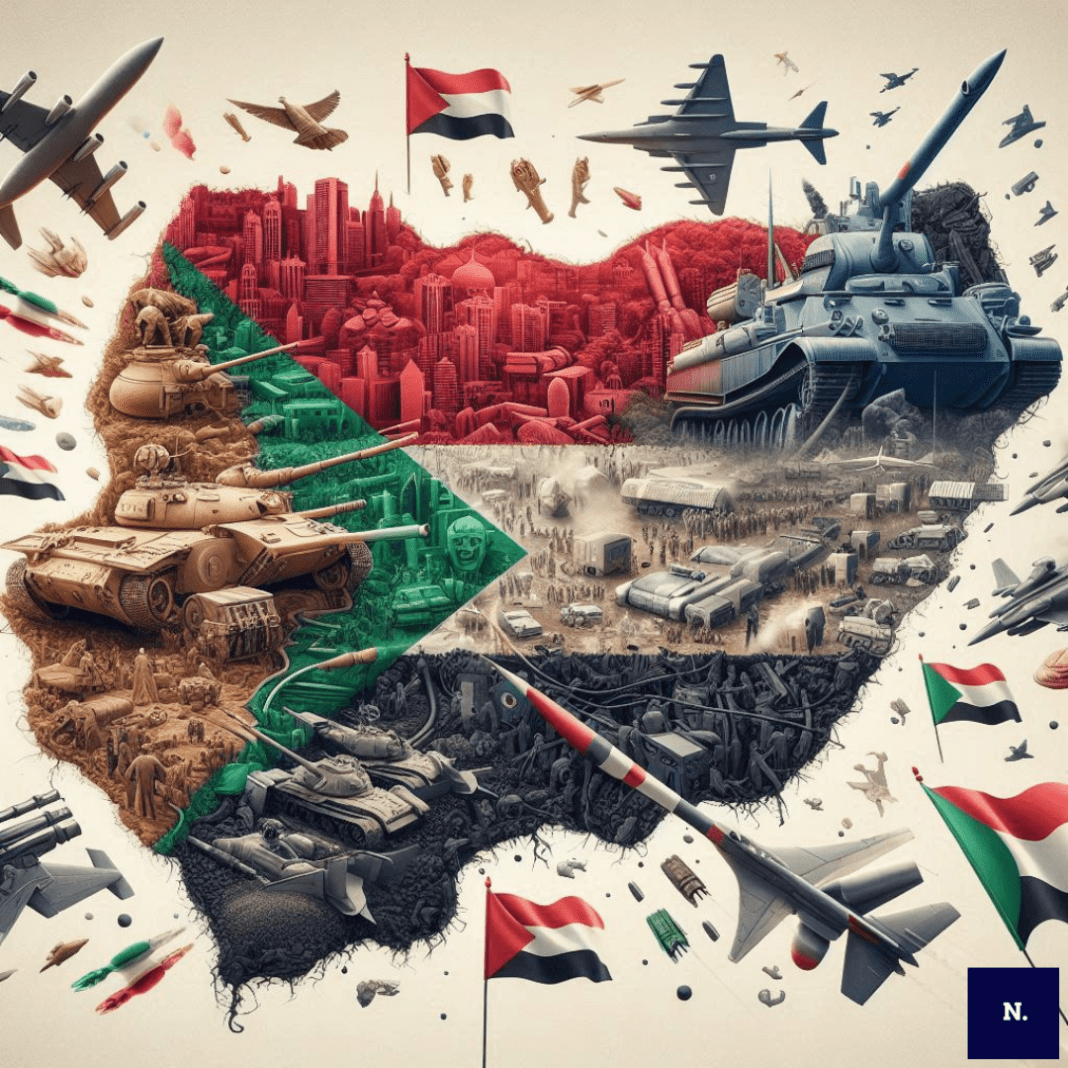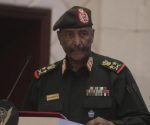Sudan is facing significant turmoil as accusations arise regarding the involvement of foreign nations in its internal conflict. Recently, a senior army official has alleged that the United Arab Emirates (UAE) and France are attempting to divide Sudan and create a homeland for Arab groups from West Africa, more especially the areas of Kordofan and Darfur. People have expressed concerns about the reasons for foreign intervention in Sudan’s ongoing challenges in light of this statement.
UAE and France: Accusations of Interference
The accusations from Sudanese military officials suggest that the UAE is fueling the conflict by providing military support to a group known as the Rapid Support Forces (RSF). This assistance is reportedly being funneled through neighboring countries like Chad and the Central African Republic. The claims suggest that the UAE has ambitions to control Sudan’s valuable resources, including its coastline, agricultural land, and gold reserves. Moreover, it is alleged that France has interests in the uranium resources found in Darfur.
In an interview, the army official expressed strong beliefs about the situation in Sudan. He claimed that discussions about deploying international forces are part of a broader conspiracy. This conspiracy is allegedly led by the UAE. Some Western nations, particularly France, are said to support this effort. The official views these discussions as attempts to fracture Sudan into smaller regions, focusing governance primarily on Darfur and Kordofan.
As the conflict between the Sudanese army and the RSF continues, these allegations serve to heighten tensions. The notion of creating a new homeland for displaced Arab groups from West Africa has raised significant alarm among Sudanese officials, who view such efforts as a direct threat to their sovereignty.
International Response and Humanitarian Efforts
The international community has been active in responding to the ongoing crisis in Sudan. Recently, a conference organized by France, Germany, and the European Union aimed to gather humanitarian aid for those affected by the conflict. During this meeting, strong calls were made for external actors to refrain from supporting either side in the conflict. The talks underlined the necessity of providing humanitarian aid and the significance of preserving regional peace.
Despite these efforts, the situation on the ground remains volatile. The RSF controls a significant portion of Darfur and is at the center of the conflict. Any potential deployment of international forces in the area has faced strong opposition. Sudanese military officials fear that such actions could lead to further complications. There is concern that this could potentially escalate the conflict.
In recent reports, there have been recommendations from international observers suggesting that a dedicated force should be deployed to protect civilians in Sudan. Additionally, there have been calls for expanding an existing arms embargo in Darfur to encompass the entire country, indicating a pressing concern regarding the flow of weapons into the region. The aim is to stabilize the area and protect vulnerable populations caught in the conflict.
The Arms Embargo Debate
A contentious point in the ongoing discussion about international intervention is the arms embargo in place for Darfur. Some officials argue that such an embargo would be ineffective because weapons continue to enter the region through various channels. Reports indicate that foreign nations like the UAE are organizing operations to supply arms through neighboring Chad and Libya.
This situation has led to frustration among Sudanese military leaders, who believe that international organizations are aware of these illegal arms transfers but are not taking effective action to stop them. The perception is that while there are discussions about imposing restrictions, the reality is that the conflict is being fueled by external support for the RSF.
In summary, the conflict in Sudan is complicated by allegations of foreign interference, particularly from the UAE and France. These accusations raise questions about sovereignty in Sudan. They also highlight the challenges in achieving peace and stability in the region. As the situation evolves, it is crucial to monitor these developments. Understanding the international dynamics is key to grasping Sudan’s ongoing conflict.





